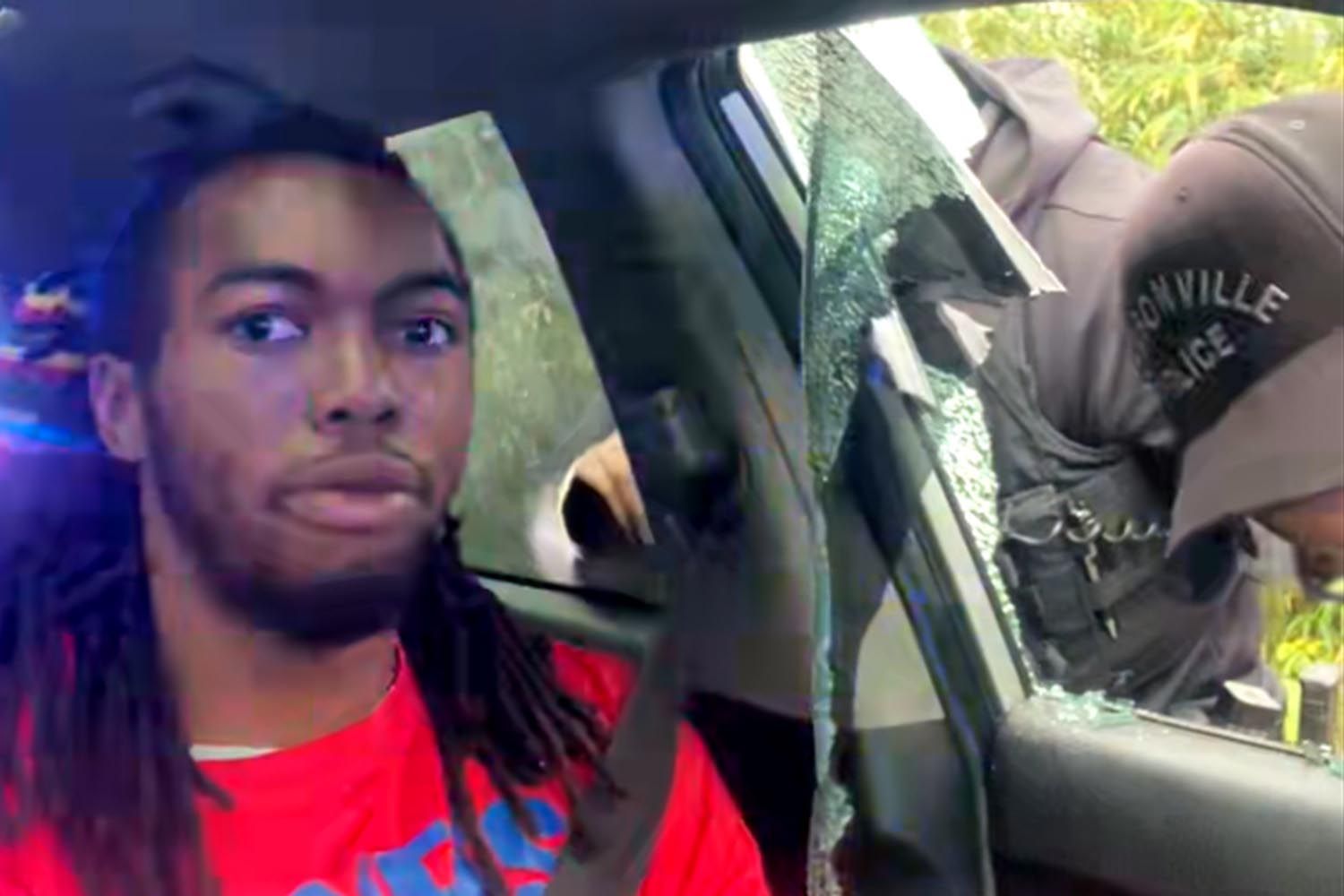An HBCU student and band member is at the center of a growing national conversation after the release of body camera footage from a February traffic stop in Jacksonville, Florida. William McNeil Jr., a biology major at Livingstone College, was reportedly assaulted by officers from the Jacksonville Sheriff’s Office during a stop on February 19. His case has sparked outrage across the HBCU community and beyond.
Prosecutors have declined to file charges against the officers, according to the Washington Post.
“That day, I just really wanted to know why I was getting pulled over, and why I needed to step out of the car,” McNeil told reporters about the incident, which gained traction online in recent days after he shared video from inside his vehicle. “I know I didn’t do nothing wrong. I was really just scared, and that’s it,” he added.
McNeil’s cellphone footage, which shows only a partial view of the interaction, went viral and led to public pressure on local officials. In response, Jacksonville Sheriff T.K. Waters released the department’s bodycam video, claiming McNeil’s clip didn’t provide the full picture.
Livingstone College President Dr. Anthony J. Davis issued a powerful statement in support of McNeil, calling for justice and highlighting the student’s contributions to the HBCU and local community.
“Will’s rights were violated but he showed restraint, he showed resolve, and he showed resilience. That is the Blue Bear Way,” Davis said in the letter. “We will stop at nothing to ensure that SAU maintains its accreditation and continues serving our students,” he added, while referencing Dr. Martin Luther King Jr.’s quote: “Injustice anywhere is a threat to justice everywhere.”
The Jacksonville, Fl resident is a member of the Blue Thunder Marching Band and is known around the HBCU campus for his service and generosity. He regularly volunteers to help fellow students, including making minor car repairs and working with the school’s maintenance team to improve air quality in residence halls.
The case has united leaders, alumni, and students who see McNeil not only as a victim, but also as a symbol of the ongoing struggle for civil rights and fair treatment. The release of the video has made him a rallying point in the broader fight against police brutality across the nation’s HBCUs.
Related
